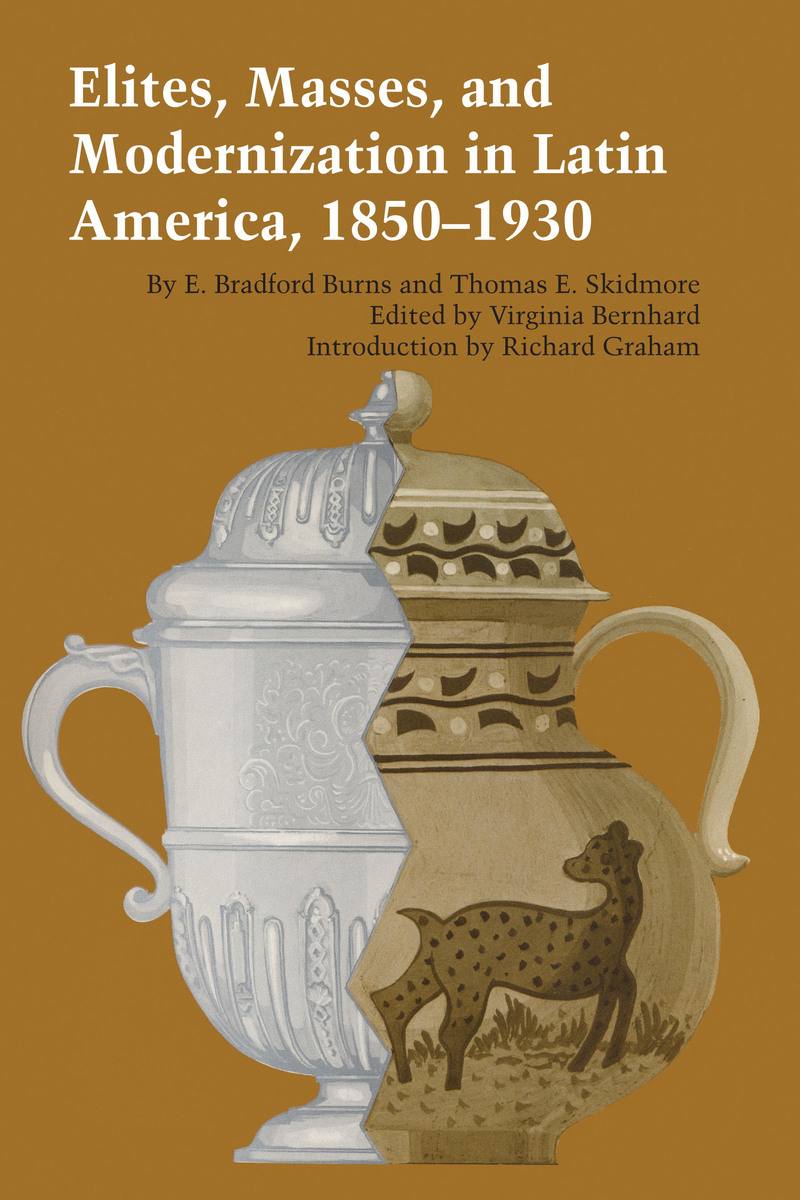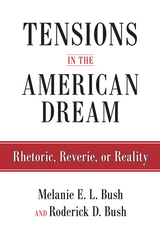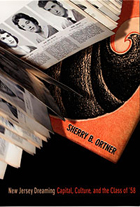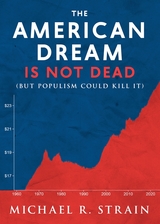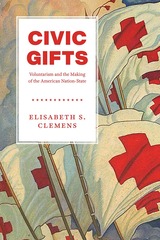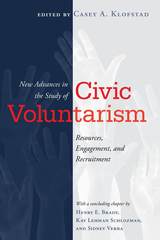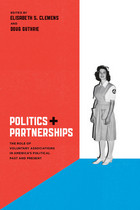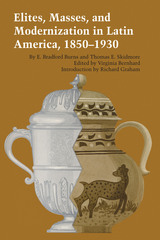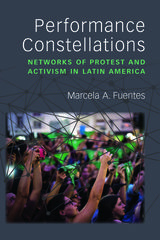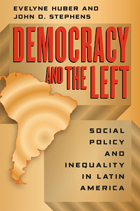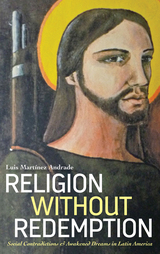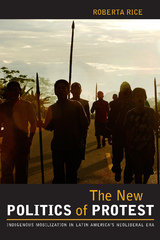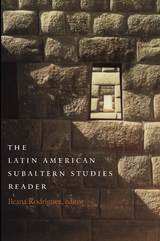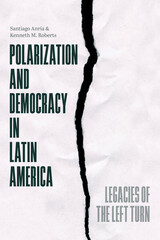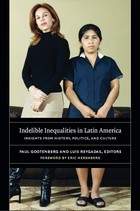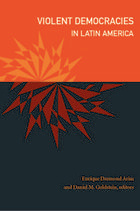Cloth: 978-0-292-76457-6 | Paper: 978-0-292-73996-3 | eISBN: 978-1-4773-0569-0 (ePub) | eISBN: 978-1-4773-0568-3 (PDF)
Library of Congress Classification HN110.5.A8E54
Dewey Decimal Classification 309.18003
The interactions between the elites and the lower classes of Latin America are explored from the divergent perspectives of three eminent historians in this volume. The result is a counterbalance of viewpoints on the urban and the rural, the rich and the poor, and the Europeanized and the traditional of Latin America during the late nineteenth and early twentieth centuries.
E. Bradford Burns advances the view that two cultures were in conflict in nineteenth-century Latin America: that of the modernizing, European-oriented elite, and that of the “common folk” of mixed racial background who lived close to the earth. Thomas E. Skidmore discusses the emerging field of labor history in twentieth-century Latin America, suggesting that the historical roots of today’s exacerbated tensions lie in the secular struggle of army against workers that he describes. In the introduction, Richard Graham takes issue with both authors on certain basic premises and points out implications of their essays for the understanding of North American as well as Latin American history.
See other books on: Culture conflict | Elite (Social sciences) | Industrial relations | Masses | Modernization
See other titles from University of Texas Press
